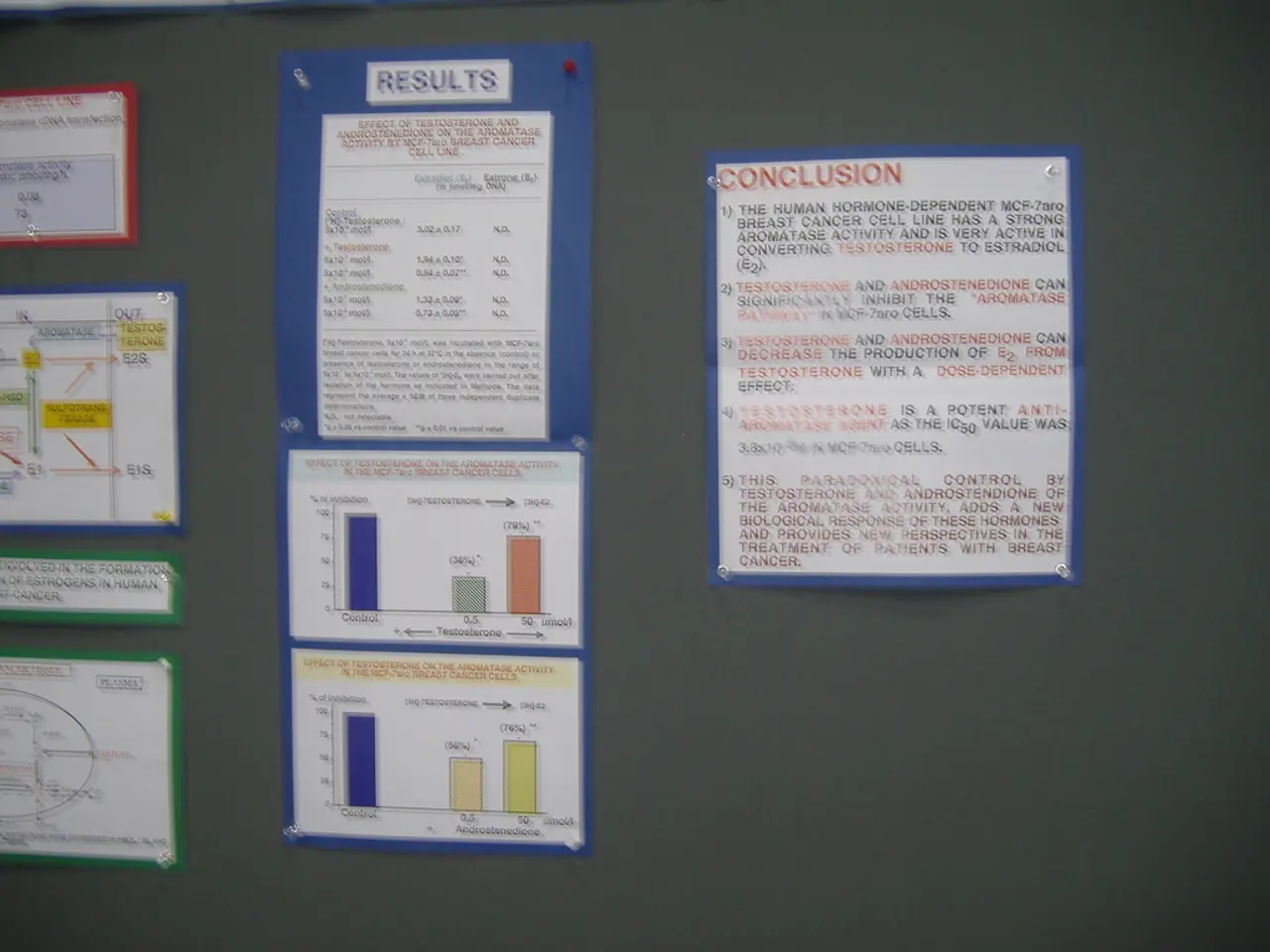Intend to Initiate Lawsuits Against the U.S., Specifically the EPA
In recent months, several environmental groups and individuals have filed complaints under various U.S. environmental statutes, prompting discussions about the notice of intent to sue (NOI) process. This article provides an overview of the NOI requirements and procedures for several key environmental laws.
The Clean Air Act (CAA), Clean Water Act (CWA), Safe Drinking Water Act (SDWA), Endangered Species Act (ESA), Marine Protection, Research, and Sanctuaries Act (MPRSA), Resource Conservation and Recovery Act (RCRA), Toxic Substances Control Act (TSCA), and Comprehensive Environmental Response, Compensation, and Liability Act (CERCLA) all contain citizen suit provisions. These provisions generally require a 60-day NOI to be provided to the alleged violator, the Environmental Protection Agency (EPA), and often the state environmental agency where the violation occurred.
The purpose of the 60-day notice period is to allow regulatory agencies the opportunity to take enforcement action, potentially resolving the issue without litigation. The notice must describe the alleged violations with reasonable specificity, and it is essential to serve on the alleged violator, the EPA, and the state environmental agency.
For instance, under the CAA, a 60-day NOI must be given to the violator, the EPA, and the state where the violation occurs before initiating citizen enforcement suits alleging violations. Similarly, the CWA, SDWA, MPRSA, RCRA, TSCA, and CERCLA have similar requirements.
The ESA encourages cooperative conservation efforts and formal citizen suits require a 60-day notice of intent to sue specifying the alleged violations and notice to the relevant federal agencies, such as the U.S. Fish and Wildlife Service, to promote resolution before litigation.
The Emergency Planning and Community Right-to-Know Act (EPCRA) also requires a 60-day NOI to the EPA and the violator before filing suit regarding violations of community right-to-know provisions.
Legal standing is a critical prerequisite for bringing environmental lawsuits. Criminal penalties or enforcement actions under some statutes may have separate procedures, but the citizen suit notice requirements generally apply to civil enforcement suits.
In recent filings, the Center for Biological Diversity, Sierra Club, and various other groups and individuals have filed complaints under the CAA, CWA, SDWA, ESA, and MPRSA. These filings underscore the importance of the NOI process in addressing environmental violations and encouraging citizen enforcement while allowing governmental agencies first opportunity to address these issues.
It is essential to consult the specific statutory language and EPA regulations for each statute for precise details, and legal counsel experienced in environmental law is often necessary to navigate these complex procedural requirements effectively. For more information on NOIs received by the EPA since January 2013, please visit the EPA's website.
- The Clean Air Act (CAA), Clean Water Act (CWA), Safe Drinking Water Act (SDWA), Endangered Species Act (ESA), Marine Protection, Research, and Sanctuaries Act (MPRSA), Resource Conservation and Recovery Act (RCRA), Toxic Substances Control Act (TSCA), and Comprehensive Environmental Response, Compensation, and Liability Act (CERCLA) all necessitate a 60-day Notice of Intent (NOI) regarding citizen enforcement suits, specifically describing the alleged violations.
- Before filing lawsuits related toviolations of community right-to-know provisions under the Emergency Planning and Community Right-to-Know Act (EPCRA), a 60-day NOI must be given to the Environmental Protection Agency (EPA) and the violator.
- Under the Endangered Species Act (ESA), formal citizen suits demand a 60-day NOI specifying the alleged violations and notice to relevant federal agencies, with the intention of promoting resolution before litigation.
- In recent filings under the CAA, CWA, SDWA, ESA, and MPRSA, the Center for Biological Diversity, Sierra Club, and several other groups and individuals have raised concerns about potential environmental violations, demonstrating the significance of the NOI process in addressing such issues.




